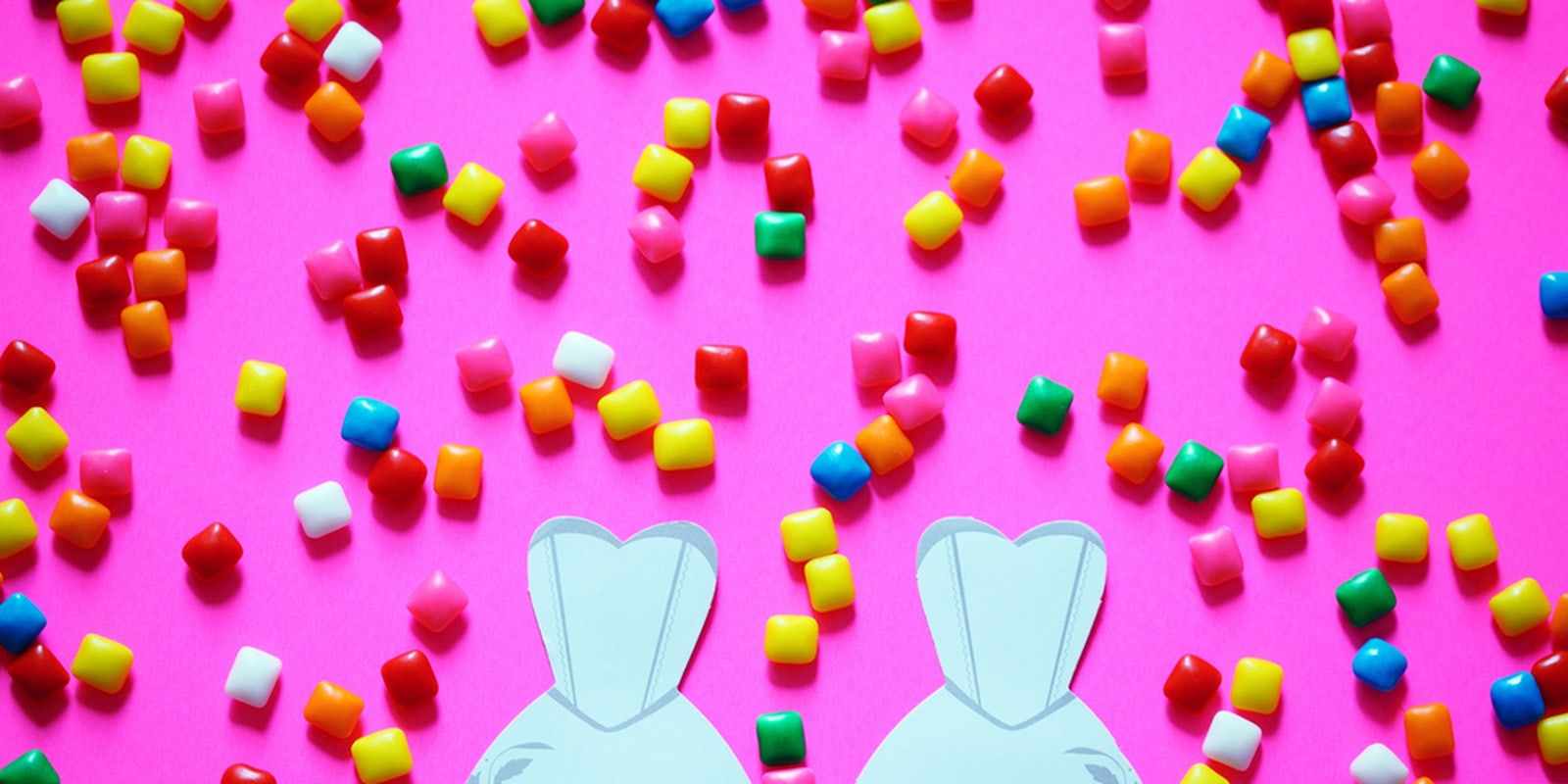Why would a movie starring Katherine Heigl need to raise cash on a site like Indiegogo? I mean, isn’t that a site for documentarians making their first go at it, or some inventor with a weird product that could only go viral on the Internet?
It seems that it’s because without independent financing, this movie—where the star of so many modern rom-coms like 27 Dresses and Knocked Up plays a lesbian coming out to her family on the precipice of getting married—wouldn’t even get made. According to writer-director Mary Agnes Donoghue and producer Michelle Manning, Jenny’s Wedding is not the type of film a major studio would back these days, and it’s not because the main character is a lesbian. If anything, it seems to be because the main character doesn’t go through enough strife and pain.
Donoghue says she felt inspired by the idea of a conventional family from an ordinary, cookie-cutter suburb of Cleveland suddenly having a member come out as not only a lesbian, but an engaged lesbian.
“But rather than have villains, there are no good guys and bad guys here,” Donoghue says.
Jenny’s family, played by Linda Emond, Tom Wilkinson, and Grace Gummer, as well as Jenny herself, have to deal with the adjustment that coming out can bring to a family. As Donoghue says, these characters are all “good guys struggling with all their own limitations,” which probably mirrors what is becoming the status quo in more American households. Perhaps it’s not tragic enough, like Precious, or sufficiently heart-wrenching, like The Notebook, for a major studio to throw a couple million over to a small, simple film with a little soul.
“I think if a major studio made this movie, this wouldn’t be a movie that you’d want to see,” Donoghue says.
Manning agrees: “In fact, I had lunch with [former Paramount CEO] Sherry Lansing, and she said this is the kind of movie that would have been made 15 years ago.”
But going the indie route helped this band of filmmakers make the most authentic movie they could make. Manning explains that if a major studio had been involved, such as Paramount, her former workplace, too many changes would have probably been made in the name of appealing to wide audiences. Studios are businesses, after all, and huge businesses have shareholders who prefer not to rock the boat too much.
“I don’t care how liberal people in Hollywood are, when you’re dealing with a movie with a message like this, people working on it will be second-guessing it throughout the entire process,” Manning says. Instead, with Jenny’s Wedding, “there was no development process. Mary Agnes wrote the script, and we shot it.”
The indie process, while clearly arduous and up-in-the-air, is at least freeing to those who want to say something with their film, even if the message is that the lives of LGBT people can have conflict but it’s not necessarily all gloom-and-doom.
In recent memory, the only critically heralded, major films involving African-American casts have been centered on slavery (Django Unchained, 12 Years a Slave), extreme poverty (Precious), or racism (42, Fruitvale Station, or The Help). Believe me, as a writer and black woman, I’m glad those films are being made. They definitely need to be made. As most of us reading this column know, it’s not cool to grow up and not see some sort of reflection of yourself in media. It makes you feel so much like an “other,” to the point that you, as an 8-year-old, question your value in society.
This also makes me impatient for a future when studios will finally just start casting black actors in solid yet racially uncharged dramas—and not just as the token friend or coworker—but as a lead. And I’m waiting for the same moment with LGBT characters and actors. It’s great that we’ve had LGBT characters in critically acclaimed films like Dallas Buyers Club and films with prominent LGBT characters like Milk and Philomena (mostly white males, by the way, plus Jared Leto’s portrayal of trans female character Rayon). So when will movies like 27 Dresses get released, starring Ellen Page with Emma Stone or Lake Bell or Zoe Saldana as her love interest? Gloom and doom can be important, but it seems that executives are more moved by extreme hardship than good filmmaking and an interesting story, when it comes to minority communities. Maybe moviegoers are too? But I doubt it.
Principal photography for Jenny’s Wedding ended in November, and now the crew is working on the finishing touches (color correction, music, and all the other details that help make a film look and feel like a film). Admittedly, post-production is not the sexiest thing to raise money for, but it’s the call to action that LGBT filmmakers have to make when they take matters into their own hands. We often complain that there aren’t enough deep or interesting LGBT characters in mass media (if they’re even there at all). With Jenny’s Wedding, though, there will be one more story out there, that simply portrays LGBT people as, well, people.
This article was originally featured on The Advocate and republished with permission. You can find the original here. Michelle Garcia is a managing editor at TheAdvocate.com, as well as a buffalo wing enthusiast and a writer living in L.A.
Photo via Flickr/Purple Sherbet Photography (CC By 2.0)


